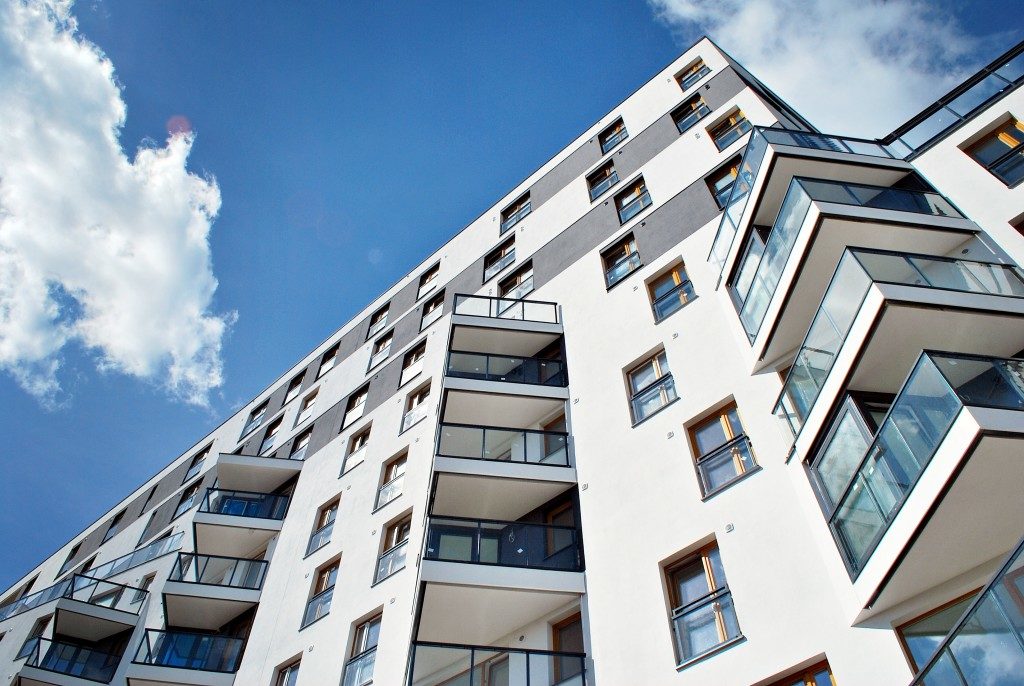Are you searching for services in building commissioning in Portland, Oregon? Do you need some expert assistance in maintaining quality in your construction project? If so, are you aware of the gains that you can get from building commissioning? If not, keep reading.
What Is Building Commissioning?
Building commissioning, as defined by the U.S. General Services Administration (GSA), is a systematic process that assures building systems (through verification and documentation) are designed, constructed, and tested to enable them to operate in accordance with the motives of the designer and the needs of the owner. For new building constructions, commissioning starts during the planning stage, continuing through the design, construction, up until the post-construction stages. The whole process includes inspection, testing, acceptance, and agreed warranty period, among others. In a way, it aims to cover all important stages of the project so as to manage or prevent potential risks. Commissioning guarantees that outputs are in line with quality objectives to be implemented with the greatest efficiency.
Quality-oriented
Since building commissioning is a quality-assurance-based process, it is aimed at providing maintenance plans that are preventive as well as predictive. It is also offers operating manuals and training procedures that users can follow. In general, the purpose of a commissioning process is to guarantee that all building systems, from HVAC, lighting, to energy systems, meet the performance requirements of the owner. This way, the building can operate optimally at the highest possible standards.
Building quality is maintained through the use of design review and on-site verification. To meet quality, commissioning can assist in:
- Ensuring that a newly built building can start operating at full productivity, increasing the chance of maintaining an optimal level of performance in its lifetime;
- Restoring the optimal productivity of an existing structure by reinvigorating quality-improving processes; and
- Making sure that renovations, additions, and upgrades (structural or equipment) will function as designed.
Efficiency-focused

Building commissioning aids owners and designers to maximize energy efficiency and meet standards for environmental health and occupant safety. Improvements in energy usage is a significant aspect of commissioning. With correct energy efficiency protocols in hand, the building can utilize the resources it only needs. This process also makes improvements in indoor air quality through an assessment of building components. They should be working properly, and the plans made should be implemented effectively.
As a result, the commissioning process will reduce operating costs, institutionalize staff orientation and training, and refine the documentation process of installed building systems. Without commissioning, the economic disadvantages are clear. The absence of commissioning is equivalent to the costs accruing from efforts in correcting deficiencies and the inefficiencies borne out of operational activities.
Building commissioning is so relevant today all because of the need to achieve sustainability. To operate in the least possible cost and produce returns at the highest benefit, building owners are bent to widen the purpose and extend the life of their investments. Following benchmarks for quality and efficiency is the only way to make that goal self-sustaining.

